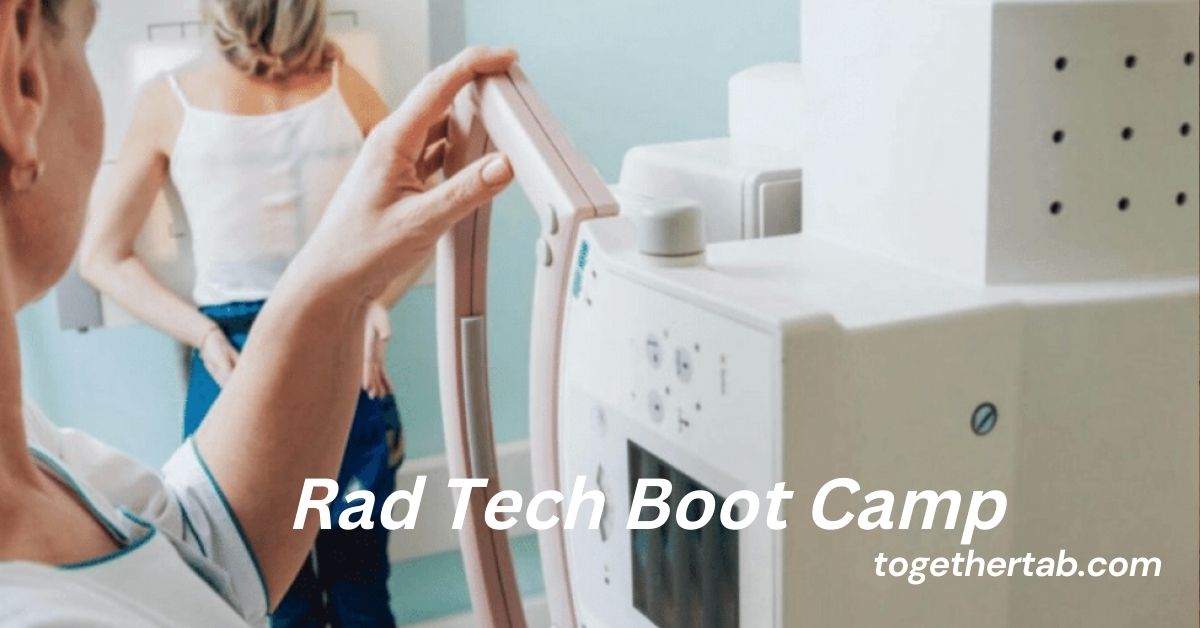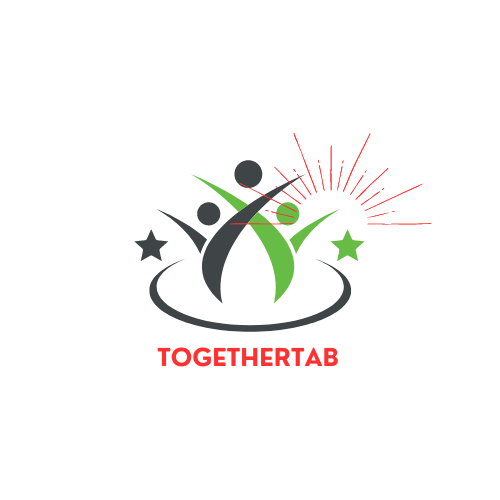Rad Tech Boot Camp: Your Ultimate Guide to Becoming a Radiologic Technologist

A Rad Tech Boot Camp is an intensive, specialized training program designed to equip aspiring radiologic technologists with the knowledge and hands-on experience needed to excel in the field. Unlike traditional degree programs that take years to complete, these boot camps provide a streamlined, focused approach to learning, making them an excellent choice for individuals looking to enter the healthcare industry quickly.
With a growing demand for skilled medical imaging professionals in the U.S., Rad Tech Boot Camps are becoming a popular alternative to conventional education pathways. These programs combine theoretical knowledge, practical training, and certification preparation, ensuring graduates are ready to start working immediately after completion.
Understanding the Role of a Radiologic Technologist
Radiologic technologists, often called rad techs, are healthcare professionals responsible for performing diagnostic imaging exams such as X-rays, MRIs, CT scans, and ultrasounds. They play a crucial role in assisting physicians in diagnosing injuries and diseases.

Key Responsibilities of a Radiologic Technologist
- Preparing patients for imaging procedures
- Operating and maintaining imaging equipment
- Positioning patients correctly to capture high-quality images
- Ensuring radiation safety measures are followed
- Collaborating with radiologists and other medical professionals
- Keeping detailed patient records
The profession requires a combination of technical expertise, patient care skills, and a deep understanding of anatomy and medical imaging techniques.
The Growing Demand for Radiologic Technologists in the USA
The healthcare industry in the United States is experiencing a significant demand for radiologic technologists. According to the Bureau of Labor Statistics, employment for radiologic technologists is projected to grow 6% from 2022 to 2032, with over 16,000 job openings annually.
Why Is There a Demand for Rad Techs?
- Aging Population – With an increase in age-related medical conditions, there is a higher demand for diagnostic imaging.
- Medical Advancements – New imaging technologies and early disease detection techniques require skilled technologists.
- Shortage of Qualified Professionals – Many healthcare facilities struggle to find certified radiologic technologists.
- Career Stability & Competitive Salaries – The median salary for a radiologic technologist in the U.S. is approximately $65,000 per year.
Given these factors, enrolling in a Rad Tech Boot Camp is a great way to capitalize on job opportunities in this growing field.
Also Read: Rad Tech Bootcamp: Your Ultimate Guide
What Is a Rad Tech Boot Camp?
A Rad Tech Boot Camp is a fast-tracked, hands-on educational program designed to train students in medical imaging techniques and patient care. These programs are structured to provide a comprehensive education in a condensed timeframe, often ranging from a few weeks to several months.
Core Features of a Rad Tech Boot Camp
- Accelerated Learning – Unlike traditional degree programs, boot camps focus on the most essential skills needed for the job.
- Hands-On Experience – Students receive real-world clinical training in hospital or diagnostic imaging settings.
- Certification Preparation – Programs often include preparation for exams like the American Registry of Radiologic Technologists (ARRT) certification.
- Flexible Learning Options – Some boot camps offer online courses or hybrid models for students balancing work and studies.
- Job Placement Assistance – Many boot camps help students secure jobs through partnerships with healthcare facilities.
Benefits of Enrolling in a Rad Tech Boot Camp
- Faster Entry Into the Workforce – Get trained in a matter of months instead of years.
- Practical, Hands-On Learning – Gain direct experience with imaging equipment.
- Cost-Effective Education – Often more affordable than a full-degree program.
- High Job Placement Rates – Many programs have strong industry connections.
- Opportunities for Career Advancement – Boot camp graduates can specialize in MRI, CT scans, or mammography.
How to Choose the Right Rad Tech Boot Camp
When selecting a Rad Tech Boot Camp, consider the following factors:
1. Accreditation
Ensure the program is accredited by recognized organizations like the Joint Review Committee on Education in Radiologic Technology (JRCERT).
2. Comprehensive Curriculum
Look for a program that covers:
- Anatomy & Physiology
- Radiographic Procedures
- Radiation Protection & Safety
- Image Analysis & Quality Control
- Patient Care & Ethics
3. Clinical Training Opportunities
Choose a boot camp that offers hands-on training in a hospital or diagnostic imaging center.
Also Read: Big Booty Technerd: A Fusion of Tech, Style, and Confidence
4. Certification Preparation
Ensure the program helps students prepare for the ARRT certification exam, which is required in most states.
5. Student Reviews & Success Rates
Research feedback from past students and check job placement rates after program completion.
Financial Aid & Tuition Costs
Cost of Rad Tech Boot Camps
Tuition varies based on location, duration, and program quality, typically ranging from $3,000 to $15,000.
Financial Aid Options
- Scholarships – Some institutions offer merit-based or need-based scholarships.
- Grants – Federal or state-funded grants may be available.
- Employer Sponsorships – Some healthcare employers sponsor employees for training.
- Payment Plans – Many programs allow students to pay in installments.
Career Opportunities After Completing a Rad Tech Boot Camp
Entry-Level Positions
- Radiologic Technologist
- X-Ray Technician
- Medical Imaging Specialist
- Clinical Radiographer
Advanced Specializations
With experience and additional certifications, radiologic technologists can specialize in:
Also Read: 6 Week Surgical Tech Program: The Ultimate Guide
- MRI (Magnetic Resonance Imaging) Technology
- CT (Computed Tomography) Scanning
- Mammography
- Interventional Radiology
Career Growth & Salary Potential
- Entry-Level Salary: $50,000 – $65,000 per year
- Experienced Technologists: $70,000 – $90,000 per year
- Specialized Roles: Over $100,000 per year
FAQs About Rad Tech Boot Camp
How long does a Rad Tech Boot Camp take?
Most boot camps range from 3 to 12 months, depending on the program.
Do I need a degree to enroll?
No, most boot camps accept students with a high school diploma or GED.
Also Read: WorldWideScienceStories.com: A Complete Guide
Is ARRT certification required after completing a boot camp?
Yes, ARRT certification is required in most states to work as a radiologic technologist.
Can I take a Rad Tech Boot Camp online?
Some programs offer hybrid models, but clinical training must be completed in person.
What is the difference between a boot camp and a traditional degree program?
Boot camps provide accelerated, focused training, whereas degree programs take 2-4 years and offer a broader education.
Are Rad Tech Boot Camps accredited?
Some are, but it’s important to verify accreditation with JRCERT or other recognized bodies.
What are the job prospects after completing a boot camp?
The demand for radiologic technologists is growing, with many job opportunities available nationwide.
What are the tuition costs?
Costs vary but typically range from $3,000 to $15,000.
Can I get financial aid for a Rad Tech Boot Camp?
Yes, scholarships, grants, and payment plans are often available.
Where can I work after completing the boot camp?
Hospitals, imaging centers, clinics, and private medical practices.
Conclusion
Enrolling in a Rad Tech Boot Camp is a fast and effective way to start a career as a radiologic technologist. With high job demand, competitive salaries, and opportunities for specialization, this career path offers long-term stability and growth. By choosing the right boot camp, obtaining certification, and gaining hands-on experience, you can secure a rewarding position in the medical imaging field.









